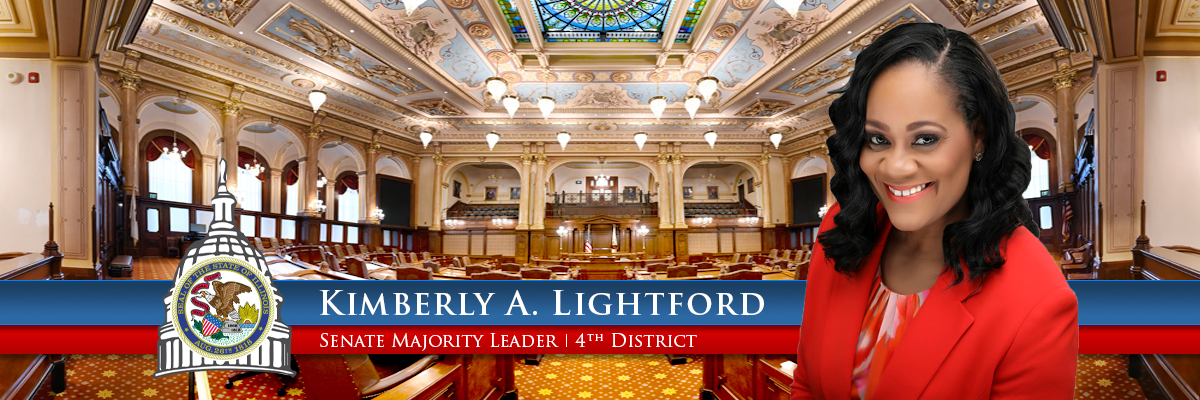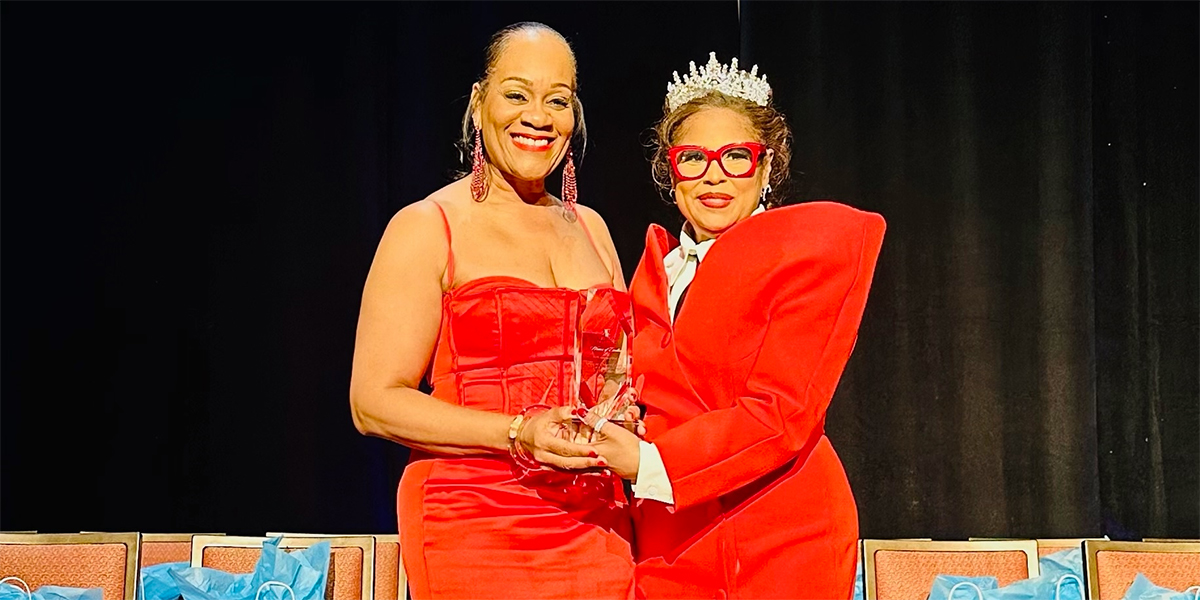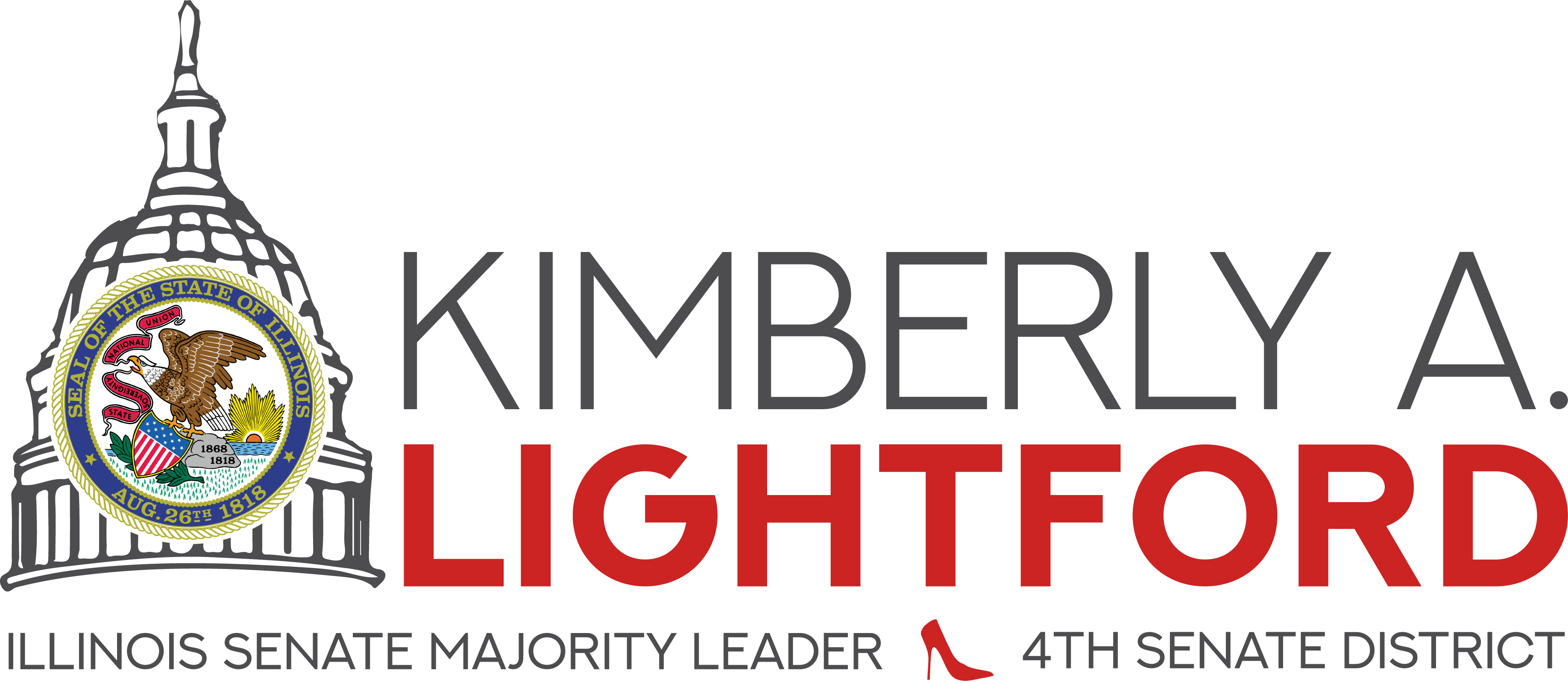Black Caucus holding press conference on economic access, equity and opportunity for Black communities
- Details
- Category: News
CHICAGO – The Illinois Legislative Black Caucus will be in Chicago this week to release their Economic Access, Opportunity and Equity pillar as part of their agenda to rid systemic racism for veto session. They will share details on Thursday, October 1st at 1:00 p.m. at Teamwork Englewood, 815 W. 63rd Street, Suite 2, Chicago IL 60621. House and Senate members will be in attendance to offer recommendations that will increase economic development and mobility for black people across the state.
Economic access, equity and opportunity is the third of four pillars the Black Caucus is using as the foundation for their agenda to address systemic racism. They include:
I. Criminal justice reform, violence reduction and police accountability
II. Education and workforce development
III. Economic access, equity and opportunity
IV. Health care and human services
Kimberly A. Lightford Saturday University
- Details
- Category: News
Click here to enroll for Kimberly A. Lightford Saturday University. For more information, please call 773-285-9600.

Lightford appalled by low proficiency rates among Black children
- Details
- Category: News
 CHICAGO –Senate Majority Leader Kimberly A. Lightford (D-Maywood) joined the Senate Education and Higher Education Committees for a hearing focused on lowering the compulsory school age, determining metrics for advancement and building inclusive environments.
CHICAGO –Senate Majority Leader Kimberly A. Lightford (D-Maywood) joined the Senate Education and Higher Education Committees for a hearing focused on lowering the compulsory school age, determining metrics for advancement and building inclusive environments.
Thursday’s hearing was the second hearing dedicated to education and workforce development, the second pillar of the Illinois Legislative Black Caucus’ agenda to rid Illinois of systemic racism.
“We learned so much about the opportunities missing for Black children in early childhood,” Lightford said. “It is appalling where Black children are in regards to literacy, mathematics and overall readiness to begin the first grade. Our state has a lot of changes to make to ensure our children are starting their education strong and have a fair chance at success.”
Lightford: Breonna Taylor deserved to live
- Details
- Category: News
 CHICAGO – Senate Majority Leader Kimberly A. Lightford (D-Maywood) issued the following statement in reaction to Detective Brett Hankinson being charged with three counts of wanton endangerment in the first degree in the murder of Breonna Taylor in her Louisville apartment on March 13. No charges were brought against Jonathan Mattingly and Myles Cosgrove, the other two officers involved in the shooting.
CHICAGO – Senate Majority Leader Kimberly A. Lightford (D-Maywood) issued the following statement in reaction to Detective Brett Hankinson being charged with three counts of wanton endangerment in the first degree in the murder of Breonna Taylor in her Louisville apartment on March 13. No charges were brought against Jonathan Mattingly and Myles Cosgrove, the other two officers involved in the shooting.
“It is impossible to express the weight of the injustices and cruelty carried out against the Black community throughout the history of our country. When an officer can justify the murder of Breonna Taylor as legal, moral and ethical, then his colleague walks away with nothing more than a slap on the wrist, there can be no doubt that Black women do not matter in our country today.
“The pain, anger and frustration of this grand jury decision runs deep in every fiber of my being because it is a personal attack on my humanity as a Black woman and on all the Black women I hold dear to me. Breonna Taylor deserved to live, as do all of us.
“I ask for those who feel the need to unleash their hurt today to do so without destruction. Our communities have been struggling to survive for far too long and cannot afford more loss. We need to continue our fight in unity and power. Do not concede any points to those against our movement when they are just waiting to find a reason to continue justifying their racism and cruelty.”
More Articles …
Page 41 of 163









